The US and the new regional order in West Asia
By Samaneh Ekvan
US President Joe Biden began his first trip to West Asia as president while the region is undergoing an unprecedented chain of severe and quick changes. The Russian war in Ukraine disrupted many world equations and the world order, but no one thought at the beginning of the war that the first region whose order and security would undergo extensive changes would be West Asia.
The Biden administration has repeatedly announced that West Asia (the Middle East) is not among its priorities. Ukraine, China, and the mid-term congressional elections in the United States are issues that exert more influence on his administration’s decisions. However, the same issues, namely the US-China relations, the Ukraine war, and how to confront Russia eventually pulled Biden back into West Asia so as to compel Saudi Arabia and other oil-rich countries in the region to increase their oil production to resolve the energy security crisis in the world and put an end to soaring prices in the United States and European countries.
The growing pressure on the Biden administration, including criticisms leveled at him for not resolving the energy crisis engulfing the US through increasing domestic oil production, eventually convinced him to announce that the most important reason for his trip is not issues related to energy security, but rather the security issues of Washington’s Arab allies and the Zionist regime.
The trip was supposed to have a strong impact on regional security and order. Yet a glimpse into the current processes and latest developments in the geopolitics of the region showed that Biden’s move to forge an alliance between Arabs and the Zionist regime was a reaction to current changes rather than a creative move aimed to confront Russia in the region.
The issue is that West Asia had already been undergoing changes in terms of regional security and order long before Biden intended to make his first trip to the region since taking office.
The refusal of Arab countries in the region to join the US in exerting pressure on Russia over Ukraine, the political conflicts between Moscow and Tel Aviv over the military presence of the Zionist regime in Syria, the emergence of new military and economic allies for Russia in the region, and the expansion of Moscow’s trade ties with its neighboring countries showed that West Asia has been experiencing new changes for a long time. These changes, in terms of speed and timing, are potentially dangerous for the United States and Western countries.
Russia's trade agreements with China and its other neighbors, the creation of a north-south corridor through Iran's route in the economic dimension, and the recognition of the independence of Donetsk and Luhansk by Syria and North Korea in the political dimension showed that Russia had a long time earlier launched its recruitment strategy in the region. But at that time, Biden was busy threatening Moscow with the membership of Sweden and Finland in NATO, as well as threatening Beijing to use the military in the case of Taiwan. Before that, the disgraceful withdrawal of the US from Afghanistan showed that the West Asian region is no longer important for the United States but drastic changes caused heads to turn to the region again.
The reason as to why the US Democratic government realized too late the importance of the region in the field of international relations was because the Biden administration thought that the Arabs and the Zionist regime’s getting closer to each other was a serious and burgeoning issue.
Analysts, however, are of the opinion that this process is very slow and complicated due to widespread mistrust between the Arabs and the Zionist regime, as well as among the Arab countries themselves. The announcement of the issue by Biden and the Saudi media during his current trip to the region is by itself proof of this claim.
The Democratic government was of the opinion that with the Arabs and the Zionist regime getting closer to each other and creating a united front against Iran, Tehran will eventually have to succumb to the US demands in the JCPOA, and without economic benefits from the JCPOA, it will only be continuing the implementation of its obligations in the agreement. He believed that if pressures on Tehran worked, returning a small portion of the oil revenues to our country could solve the issue of regional rivalry forever and give the upper hand to the Zionist regime and its Arab allies. Nevertheless, the complication of the process of normalization of ties between the Arab countries of the region and the Zionist regime, and the more active regional diplomacy of Iran that led to further and better economic relations between the countries of the West Asian region and Iran and even between Tehran, Beijing and Moscow, totally messed up the calculations of the White House about the region.
In fact, it can be clearly stated that Russia's war in Ukraine, apart from disrupting the regional order in Eastern Europe and Eurasia, showed its first consequences in West Asia and hopelessly turned the United States’ actions in the region toward aimless reactions or, at best, propaganda reactions.
The main question now is whether the regional order in West Asia is disrupted, or is the region moving towards an order in which the US no longer has a role in causing disruption? It seems that the second question is more worthy of consideration and can be scrutinized in many international relations issues in academic circles and think tanks in the West and the region.
Samaneh Ekvan is a journalist and researcher. She has a PhD in international relations.
(This article was written originally in Persian and translated to English by Press TV staff. The views expressed in this piece do not necessarily reflect those of Press TV.)
Iran: US lacks competence to comment on human rights, freedom of expression
It could take 14 years to remove debris left by Israel war on Gaza: UN
Iran, China discuss military cooperation
Sanders to Netanyahu: 'Don’t insult American people’s intelligence'
Tehran economic conference: Raeisi hails Iran-Africa expansion of ties
VIDEO | Press TV's news headlines
Severe heat wave hits India as phase 2 of polling begins
What to expect after President Raeisi's visit to Pakistan


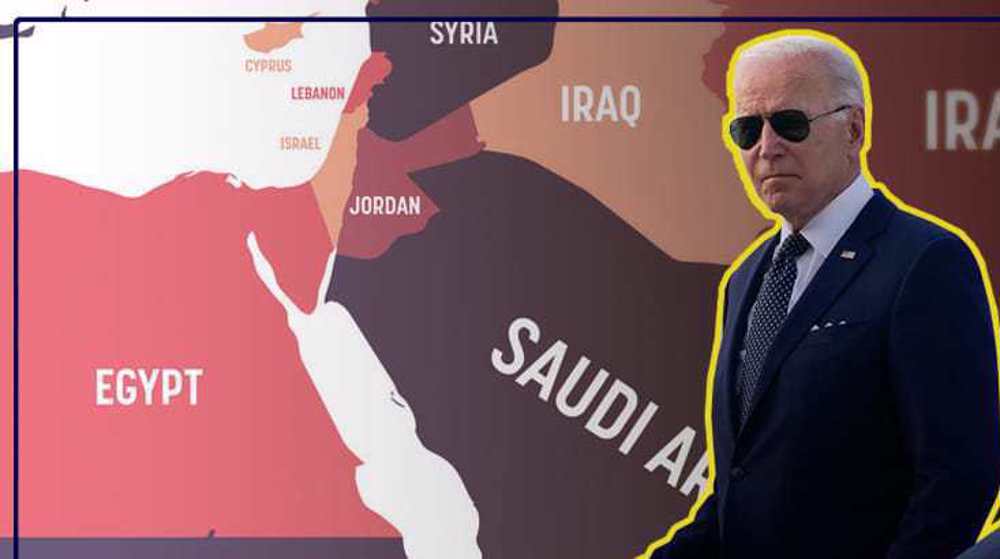
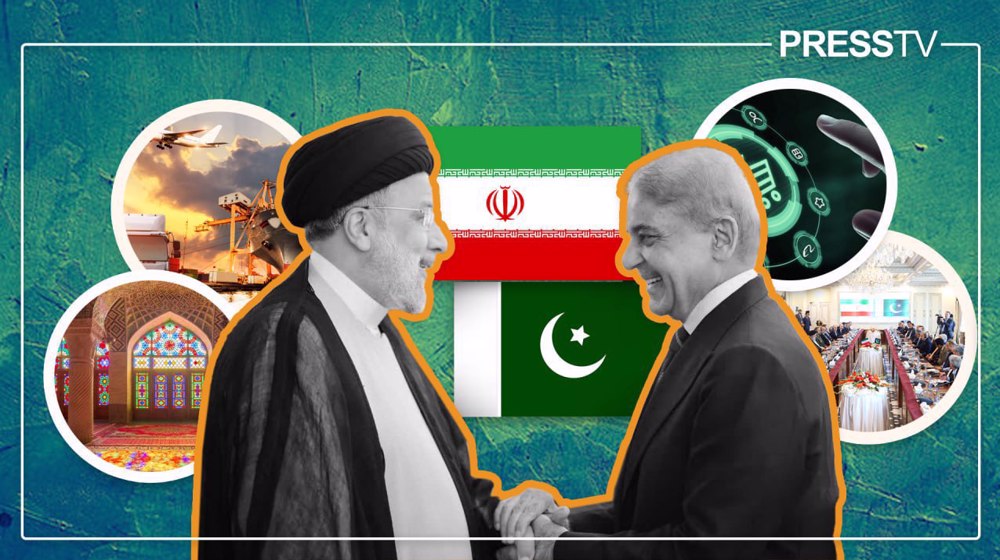

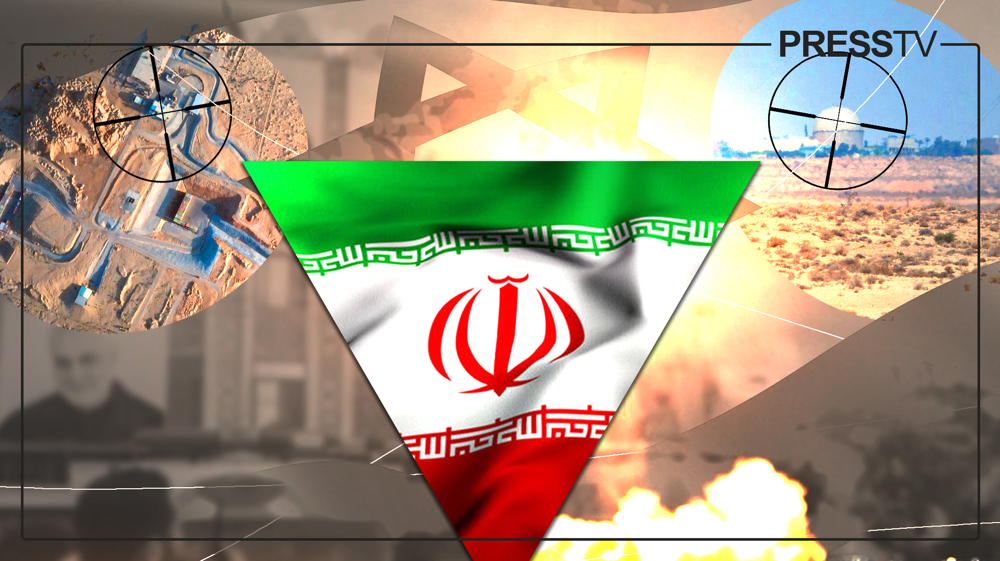



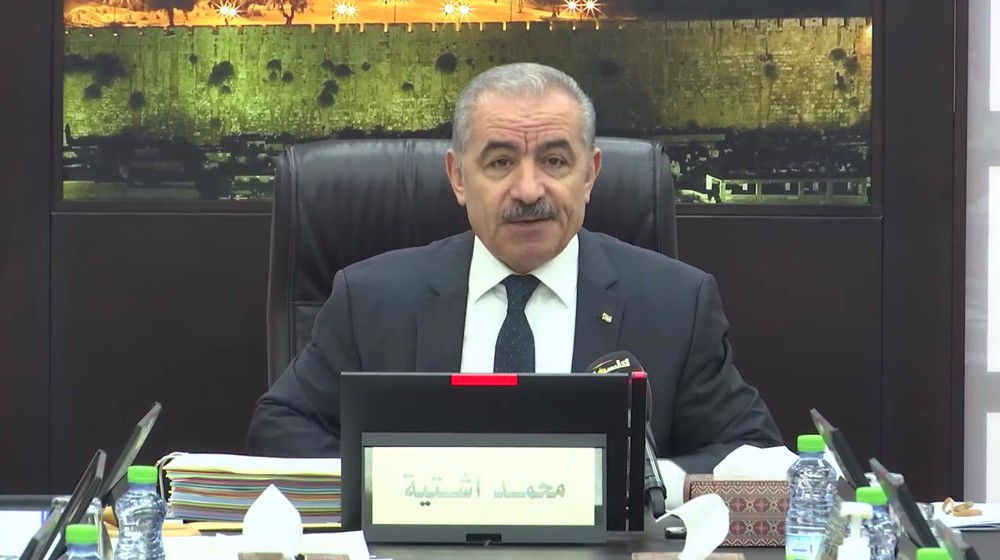
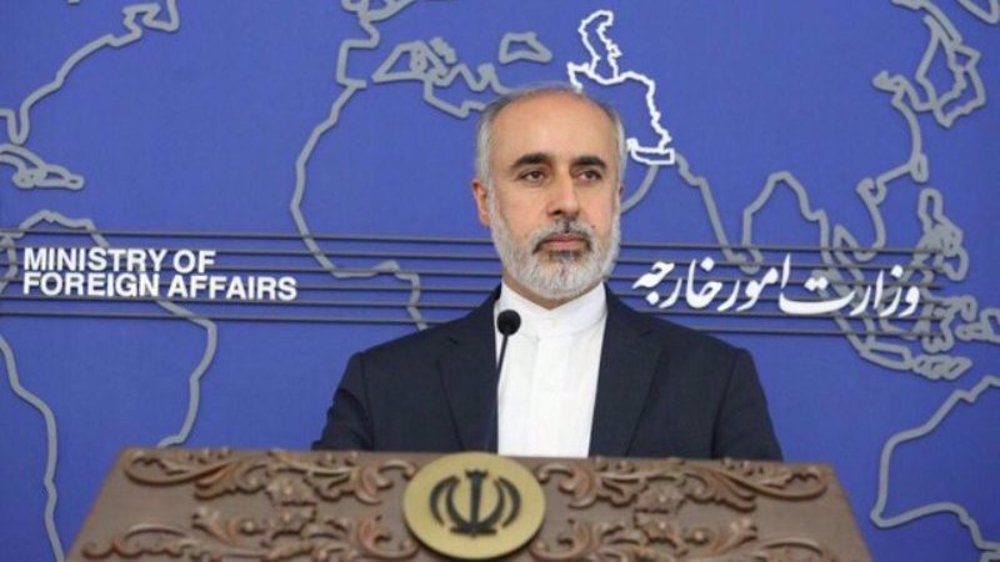
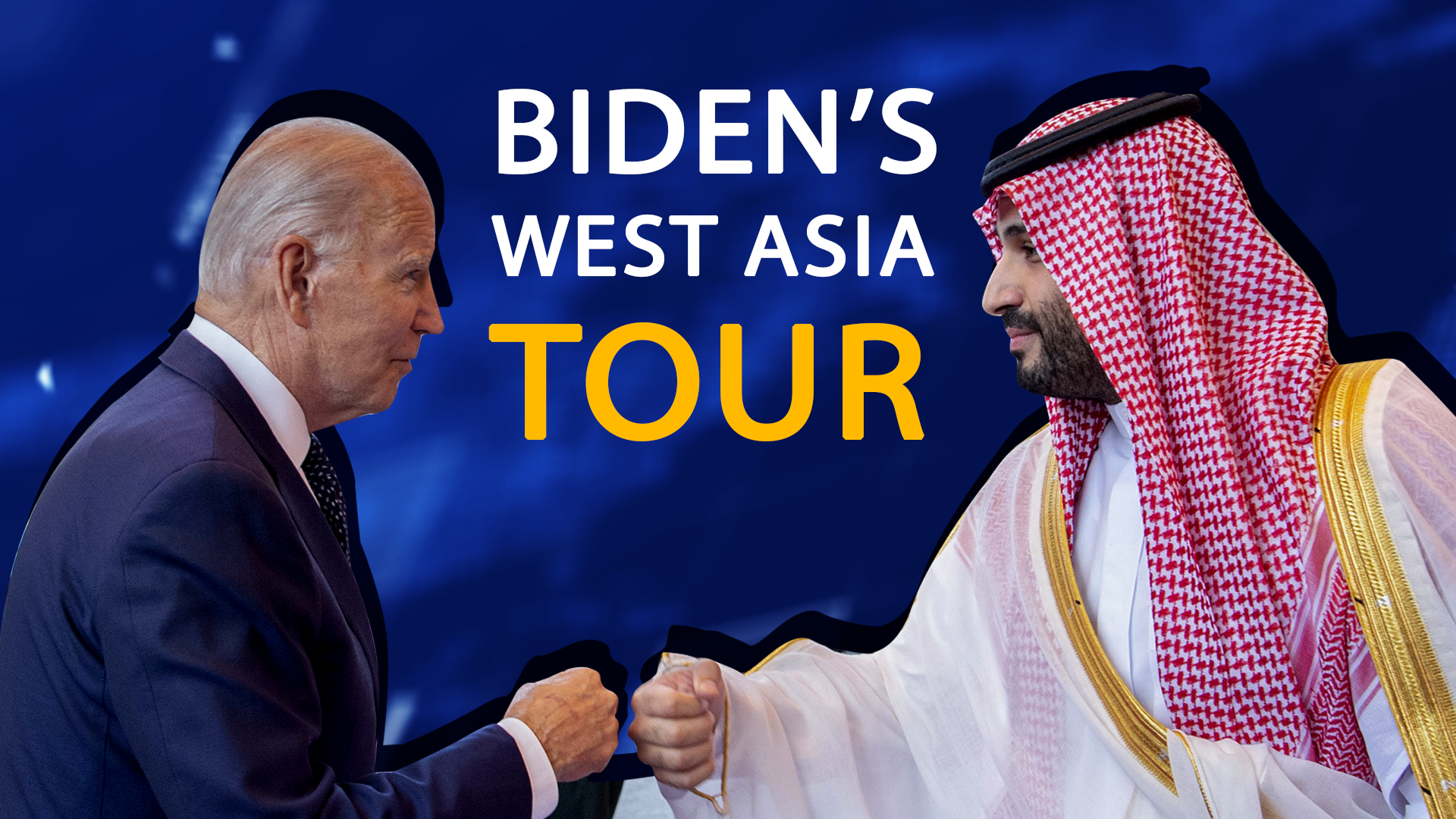
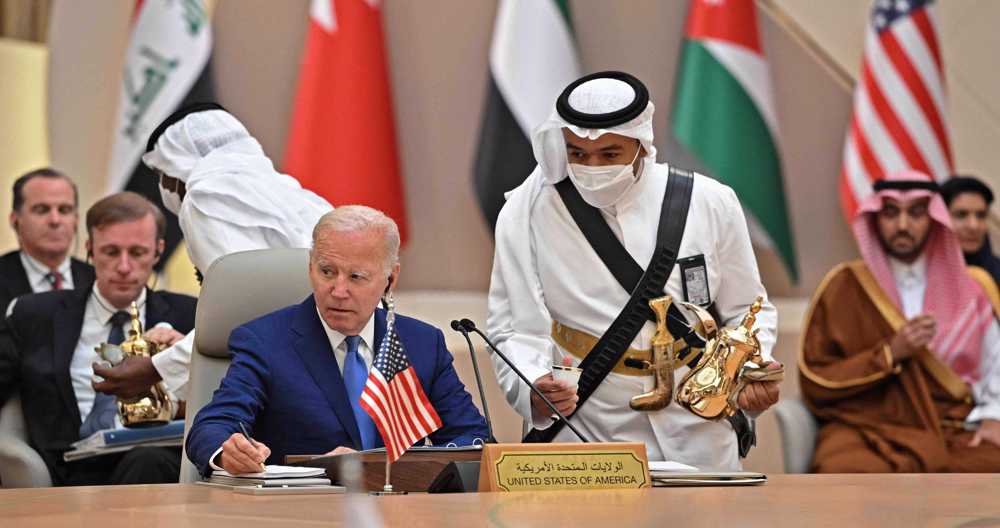

 This makes it easy to access the Press TV website
This makes it easy to access the Press TV website